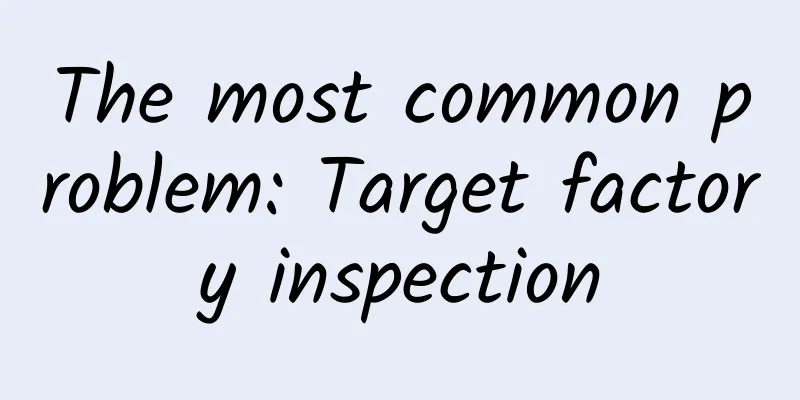What impact does C-TPAT have?

|
Suppliers face stricter supervision First, as business partners of US importers, local manufacturers/suppliers will face higher security program requirements and more stringent supervision from importers. Since March 25, 2005, CBP has further tightened the security requirements for its US importer members, including requiring importers to establish written and verifiable procedures to select business partners, including manufacturers, product suppliers and sellers; importers must also have documents to prove that business partners throughout the supply chain meet the security standards of C-TPAT (or the standards of equivalent supply chain security programs implemented by foreign customs authorities). Service Competitive Differentiators As a member of C-TPAT, both importers and carriers can distinguish their goods and services from competitors. For non-C-TPAT members (such as foreign manufacturers, warehouse operators, etc.), they also face certain market pressures and consider inviting third-party certification bodies to review their security procedures and issue certificates similar to ISO 9000 to show the outside world that they have followed relevant supply chain security guidelines. Supply chain security becomes part of global sourcing requirements Importers/countries (not limited to the United States, regardless of whether they are C-TPAT) are concerned about supply chain security, which will make security considerations part of the procurement requirements. Importers will place security responsibilities on manufacturers through orders, certificates, codes of conduct, dealer manuals, etc. Background: C-TPAT anti-terrorism program was developed by the U.S. Department of Homeland Security Customs and Border Protection after the 9/11 incident to protect the U.S. homeland security. Through anti-terrorism factory inspection, the factory's products can enter the U.S. through a fast track, reduce customs inspection links, ensure the safety of goods, and thus win the favor of American buyers. |
<<: JCPenney Environmental Policy Matters
Recommend
Important issues in Adidas factory inspection
1. Legality of the company: Guests can verify whe...
Sinostar – Brazil parcel logistics service
What is Sinostar? Sinostar Brazil Express is a Br...
Pickup Tower--Automatic Pickup Kiosk
Pickup Tower-What is it? The Pickup Tower, a self...
The most comprehensive introduction to Kakaku, Japan's off-site deals
Kakaku is a very commonly used website for Japane...
Mailjet--Start with 200 free emails
What is Mailjet? Mailjet is headquartered in Pari...
What is Pagewiz? What are the features of Pagewiz?
Pagewiz is a powerful, innovative landing page pl...
[Practical Tips] When opening a store on eBay, how should you set your prices to become a winner in life?
No matter which sales method you choose on eBay, ...
What is Aukey International? What products does Aukey International have?
Aoji International was registered and founded in ...
Gagamatch—Global SNS International Dating
Gagamatch is a global SNS international dating we...
What is Dick Smith? What are the advantages of Dick Smith?
What is Dick Smith? Founded in 1968, Dick Smith i...
Why do we need to conduct Ann Taylor factory inspection?
Why do we need to conduct Ann Taylor factory insp...
Why should we conduct Timberland factory inspection?
Why should we conduct Timberland factory inspecti...
Upfluence—Influencer contact and search tool
What is Upfluence? Upfluence is a celebrity analy...
Enterprise suppliers applying for ISCC certification need to comply with ISCC declaration requirements
1. In ISCC PLUS, it must be guaranteed that the e...
What is Easelly? How to use Easelly?
Easelly is a free cloud-based presentation data c...









